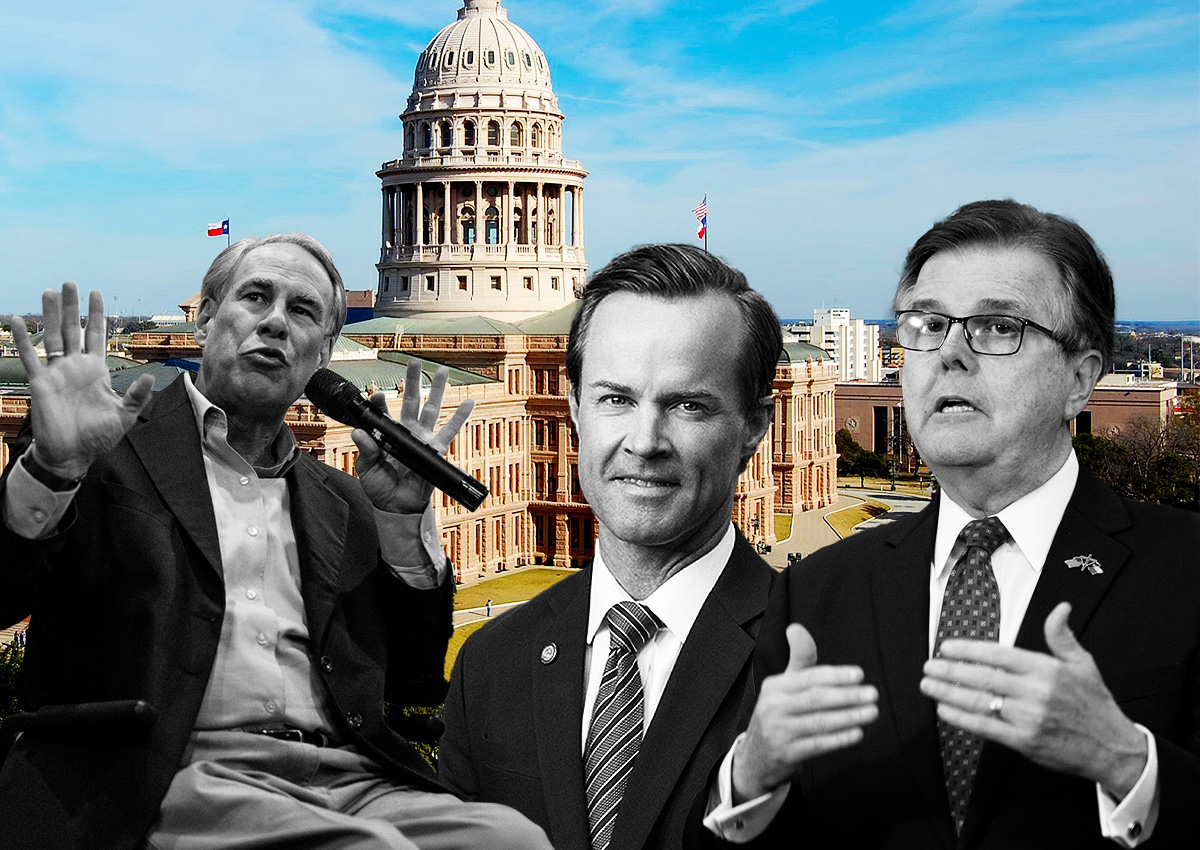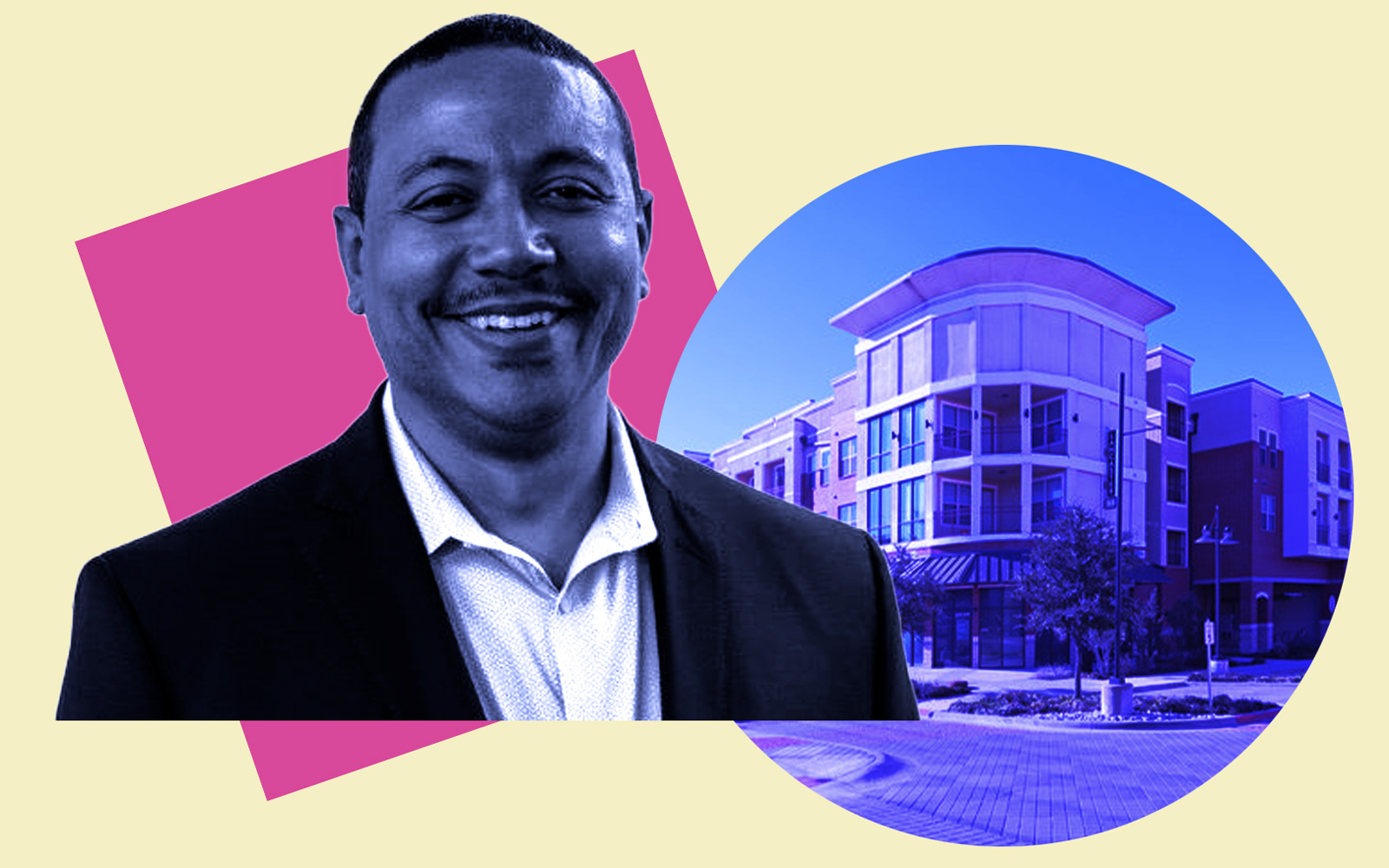A program that exempts developers from property taxes for including some affordable housing in multifamily developments survived its time under the microscope of the Texas Legislature, although some limitations were put in place.
The measure to rein in tax exemptions for public facilities corporations received overwhelming support from state legislators. Gov. Greg Abbott chose not to veto House Bill 2071 by the June 18 deadline, so the legislation automatically went into effect, the Austin Business Journal reported.
Public entities, such as housing authorities and municipal utility districts, have the authority to create PFCs, and while the tool has been available since 1999, its use has exploded in Texas recently. The state saw 225 PFC deals in the past three years, compared to 30 in the five years prior.
Previously, developers and property owners could enter PFC agreements to make a multifamily property tax exempt for 75 years or more in exchange for reserving 50 percent of the units as affordable for those making 80 percent of the area median income.
The PFC tax exemption has been reduced to 30 years for an existing multifamily property and 60 years for new construction. The legislation also requires that 10 percent of units in a PFC community be reserved for renters whose earnings are within 60 percent of the area median income, which was $66,180 for a family of four in Travis County last year, the outlet reported.
Some opponents of the bill called PFCs a money grab for developers, while others warned that reforms could impede financing and equity raising, potentially jeopardizing the program altogether. Proponents said PFCs are necessary to keep up with the steady flow of new Texas residents.
Ben Martin, research director at low-income housing advocacy nonprofit Texas Housers, was disappointed that the bill didn’t take further measures to spur affordable housing, but said it was “better than nothing.”
“This is a tool that we want to see be successful in producing desperately needed income-restricted units in the state of Texas,” Martin told the outlet. “At the end of the day, if we’re not producing low-income units, what are we doing here?”
—Quinn Donoghue
Read more



